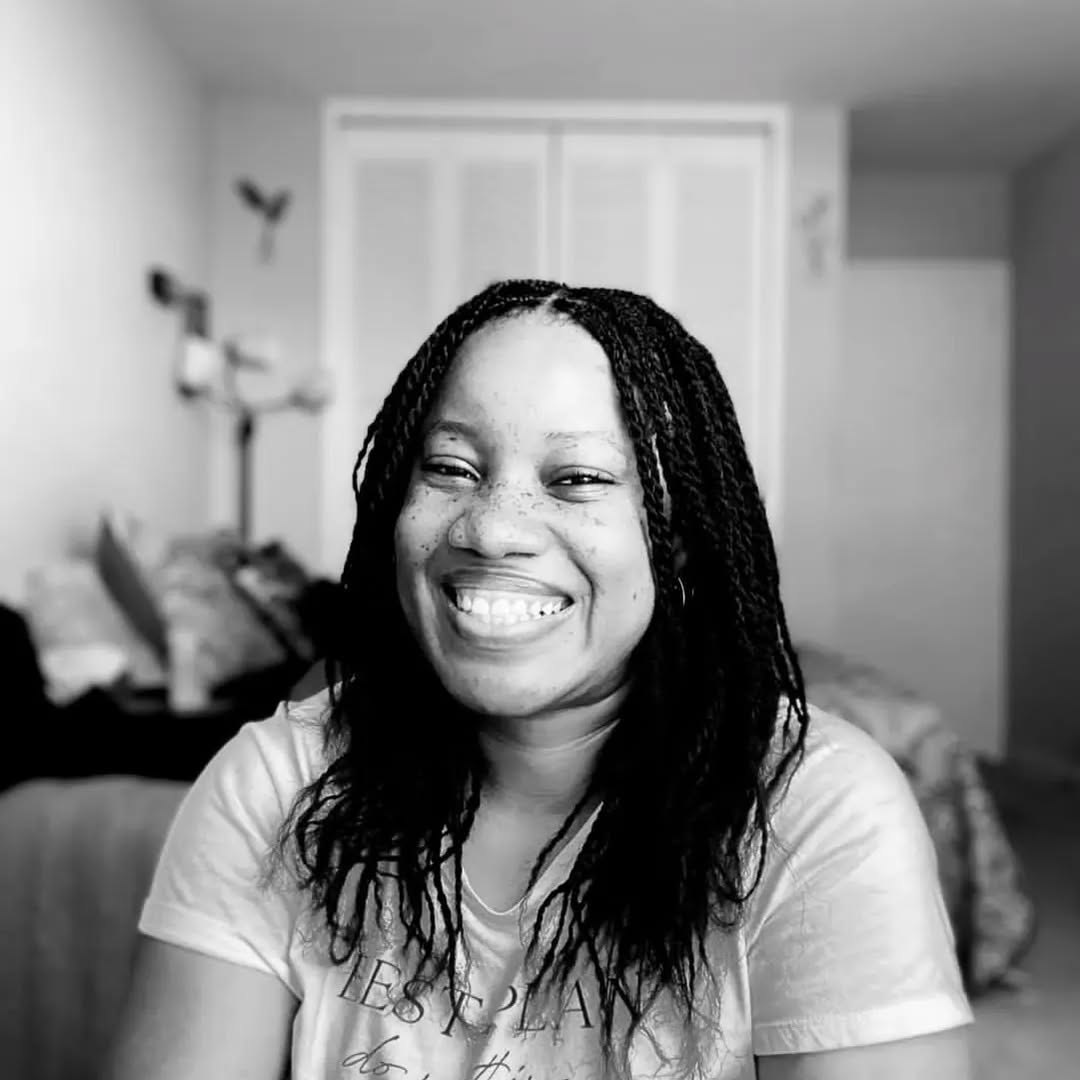My favourite thing about being in America is humiliatingly simple — the unlimited availability of electricity and Wi-Fi. That’s something that being in Nigeria didn’t offer. When I first relocated, it took a couple of weeks for it to sink in that I didn’t have to worry about my phone being constantly charged to the maximum when there was electricity, nor did I have to iron my clothes in advance. The focus of the things I used to worry about shifted, and I could now use my time more constructively as I wished to accomplish clear goals. As mundane as this provision seemed, the most significant impact was when I started my entrepreneurial journey a year and a half later. It was almost embarrassing to admit how having 24/7 access to electricity and Wi-Fi made a difference. I saw how being ahead in many areas of my life was easily practical. I realised that if I had the simplest needs met to accomplish certain goals, the lack of motivation to get things done and be the best version of myself would be the least of my problems—think of Maslow’s Hierarchy of Needs. This small change has positively affected my life in many areas — my academic and scholarship success, the community service I have done, the network and net worth I have built, my romantic experiences, writing, access to opportunities, and more. Even seeking employment and earning a living became a bit easier. This was one of the most enlightening life-realisations. It also influenced my approach to establishing mission-driven opportunities that serve people. So often, we are too into the weeds of the larger problem and the ego of the type of solution we want to provide to a group of people that we underestimate the small things that could make a significant impact. In every opportunity I have been privileged to provide, I always have this concern in mind and ask, “What is that unreasonably small barrier that we can take away at little to no cost that would make the larger value we’re providing useful?” For example, I can imagine several ways that the educational experience and success of many Nigerian students would be amplified if they had access to power and internet at no cost.
As narrated by: OYIN (MARYLAND, US)
Discover more from Chronycles
Subscribe to get the latest posts sent to your email.

Published by